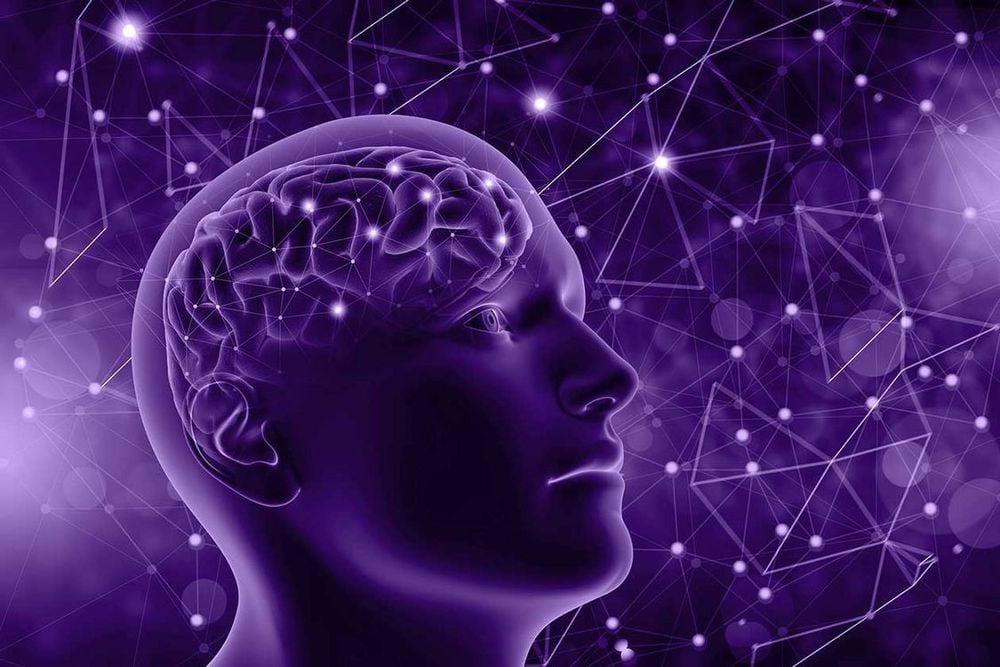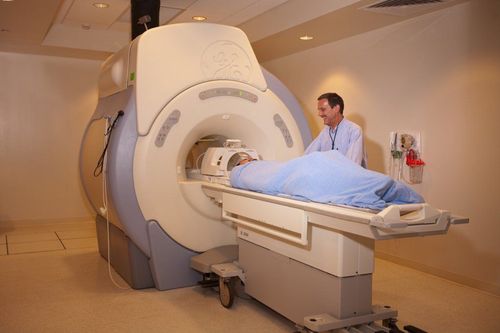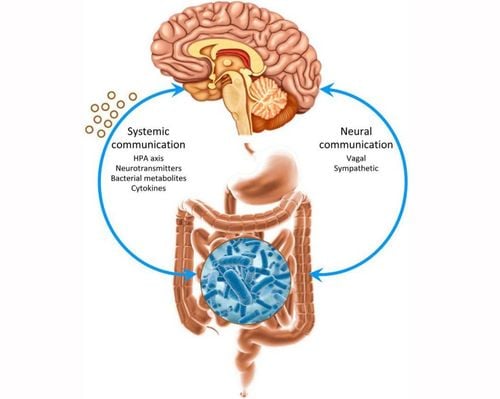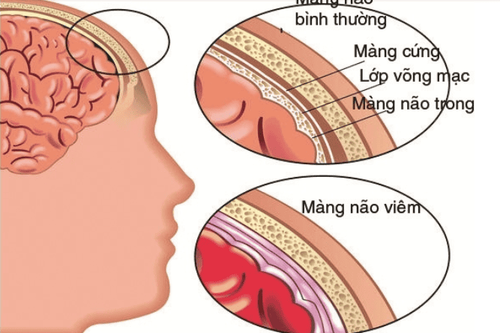This is an automatically translated article.
Estrogen is a sex hormone produced by the ovaries, also known as a female hormone. Besides maintaining overall health in women, estrogen can also govern brain activity. Research into the effects of the hormone estrogen on the brain has applications in the treatment of a number of neurological diseases.1. What effect does the hormone estrogen have on the brain?
In fact, estrogen is the collective name for a group of female hormones, with Estrone (E1), Estradiol (E2) and Estriol (E3). According to experts, estrogen plays an extremely important role in female reproductive function and menstrual cycle. The effects of estrogen on the body include stimulating follicle maturation; develops, protects and lubricates the vagina; strengthens the activity of the fallopian tubes; Regulate the menstrual cycle and facilitate fertilization. Combined with other hormones, estrogen plays a role in promoting the development of the mammary glands, and at the same time blocking milk after the baby has been weaned from breast milk. On the other hand, the effect of estrogen on the body also creates obvious physiological and physical differences between the sexes.Although not a major player in mood regulation, estrogen also works in parts of the brain that control emotions. The hormone estrogen can boost mood and thinking by increasing the number of connections between brain cells, which improves the speed of signal transmission in the brain.
Some of the effects of estrogen in the brain include:
Increases serotonin and the number of serotonin receptors in the brain Affects the production and functioning of the brain chemical endorphins - the happy, happy hormone Protects nerves from damaged May stimulate nerve growth Helps maintain body temperature Contributes to sexual development. These effects of estrogen affect a woman's mood in a very complex and unpredictable way. For example, although estrogen has a positive effect on the brain, there are also many cases where women will improve their mood after menopause - when estrogen levels in the body drop very low.
Experts believe that some women are more sensitive to the normal changes in estrogen during the menstrual cycle. The ups and downs of hormones during the reproductive years are responsible for mood disorders.
In addition to the factors mentioned above, the effect of estrogen on the body also affects the smoothness and speed of skin aging; maintain bone health; regulates cholesterol production in the liver and protects the heart.
2. Research on the effects of estrogen on Alzheimer's disease and schizophrenia
Based on estrogen's effect on the brain, researchers can develop treatments for Alzheimer's disease and schizophrenia.
Previously, research has shown that giving estrogen to both animals and humans can improve memory, as well as increase accuracy rates when performing tests.
Recently, researchers at Northwestern University School of Medicine studied rat brain cells that were fed foods with estrogen-like compounds. The compound activated the cells' estrogen receptors, triggering a chain of internal chemical reactions. It is this that increases the number of dendritic spines of brain cells - protrusions on the surface of cells that, like hair, allow cells to "talk" to each other.
Thus, if certain estrogen receptors are activated, the brain has the ability to increase the amount of information that is transmitted from one cell to another.
It has also been hypothesized that estrogen-based treatments improve symptoms of Alzheimer's disease and schizophrenia. However, the long-term use of estrogen as therapy has been shown to be problematic. Specifically, women who take estrogen to relieve menopausal symptoms have an increased risk of breast cancer, stroke, and heart attack.
Because of these risks, researchers searched for a way to activate estrogen receptors without the use of estrogen. This helps patients get the benefits of estrogen without the adverse side effects.
One point to note is that although the compounds in the study are very similar in effect to estrogen, it is not certain whether estrogen actually causes the same side effects.

Alzheimer và tâm thần phân liệt là các bệnh lý có liên quan đến hormone estrogen
Furthermore, more research is needed to determine if the effect of increased cell communication occurs in everyone's brains.
Overall, researchers still have reason to believe that increasing the number of dendrites in patients with Alzheimer's and schizophrenia would be beneficial. This is because patients with both conditions often have a reduced number of dendrites in the brain.
3. What effect does estrogen have in the male brain?
Previously, understanding of estrogenic effects in the brain was limited to its ability to regulate ovulation and reproductive behavior in females. There is now increasing evidence for the profound effects of estrogen on learning, memory and mood, as well as developmental and neurodegenerative processes. Most of the data are in studies in women, but experts acknowledge that estrogen also plays an important role in the male brain. Specifically, estrogen can be produced when glial cell enzymes cycle testosterone. Therefore, estrogen-based therapy holds the promise of significantly improving brain disorders affecting both men and women.
However, when we started to look at the role of estrogen in the male brain more carefully, a few different effects appeared, even giving the opposite results. The cause is largely due to sex differences in the organization of vessels. Notable is the prevalence and presentation of central nervous system disorders, including neurodegenerative diseases (Parkinson and Alzheimer's), substance abuse, anxiety, and depression. Therefore, understanding the cellular and molecular basis of sex differences in brain physiology, as well as response to estrogen, is critically important. As a result, scientists can understand the nature and origin of sex-specific medical conditions, and design new hormone-based therapeutic agents that deliver optimal efficacy in both men and women. female.

Trầm cảm là biểu hiện của rối loạn hệ thần kinh trung ương
In summary, the effect of estrogen on the body not only helps promote the development and health of the sex organs, but also affects many other parts, including the brain. In both women and men, an imbalance of the hormone estrogen can lead to many health problems. Therefore, to contribute to improving overall health, women need to be careful not to let this hormone level increase or decrease excessively, and at the same time add foods rich in phytoestrogens - such as vegetables, soybeans, berries, etc. .. in the period of estrogen decline.
Please dial HOTLINE for more information or register for an appointment HERE. Download MyVinmec app to make appointments faster and to manage your bookings easily.
Reference source: webmd.com; ncbi.nlm.nih.gov; livescience.com












